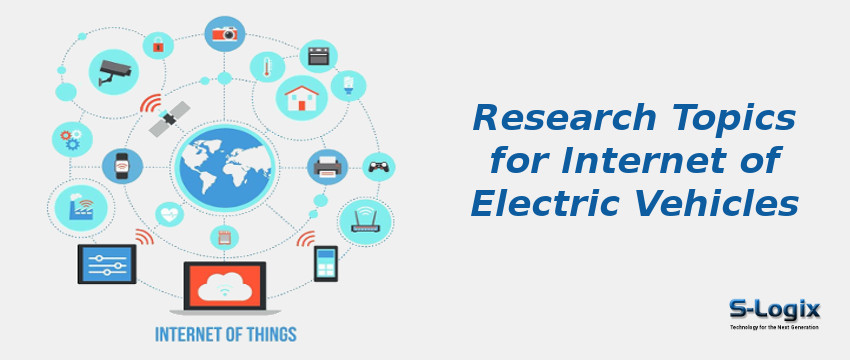Owing to the numerous environmental benefits, the Internet of Electric Vehicles (IoEVs) is rapidly increasing. A collection of electric vehicles connected using the Internet forms the IoEV. The IoEV is organized by vehicles, people, sensors, road structures, and electric charging stations. The communication among the electric vehicles is based on wireless technologies like Wi-Fi, Bluetooth, Zigbee, and cellular networks. It has become an important transportation facility and provides cost-effective transportation by reducing oil dependency and carbon emissions.
However, dynamic demand patterns of electric vehicles in both temporal and spatial factors may damage the power grid operations and its physical components. However, the integration of EVs increases the congestion in the power grid. Thus, the network demand should be aligned with the available resources. However, it is essential to upgrade the power grid for better solutions. Also, the IoEV is vulnerable to several types of attacks owing to the nature of the wireless communication medium and frequent link breakages. The most common attacks of IoEV are data modification, false injection, and Denial of Service (DoS). Moreover, it needs to develop intelligent control and scheduling techniques to support effective and efficient power grid operations.
